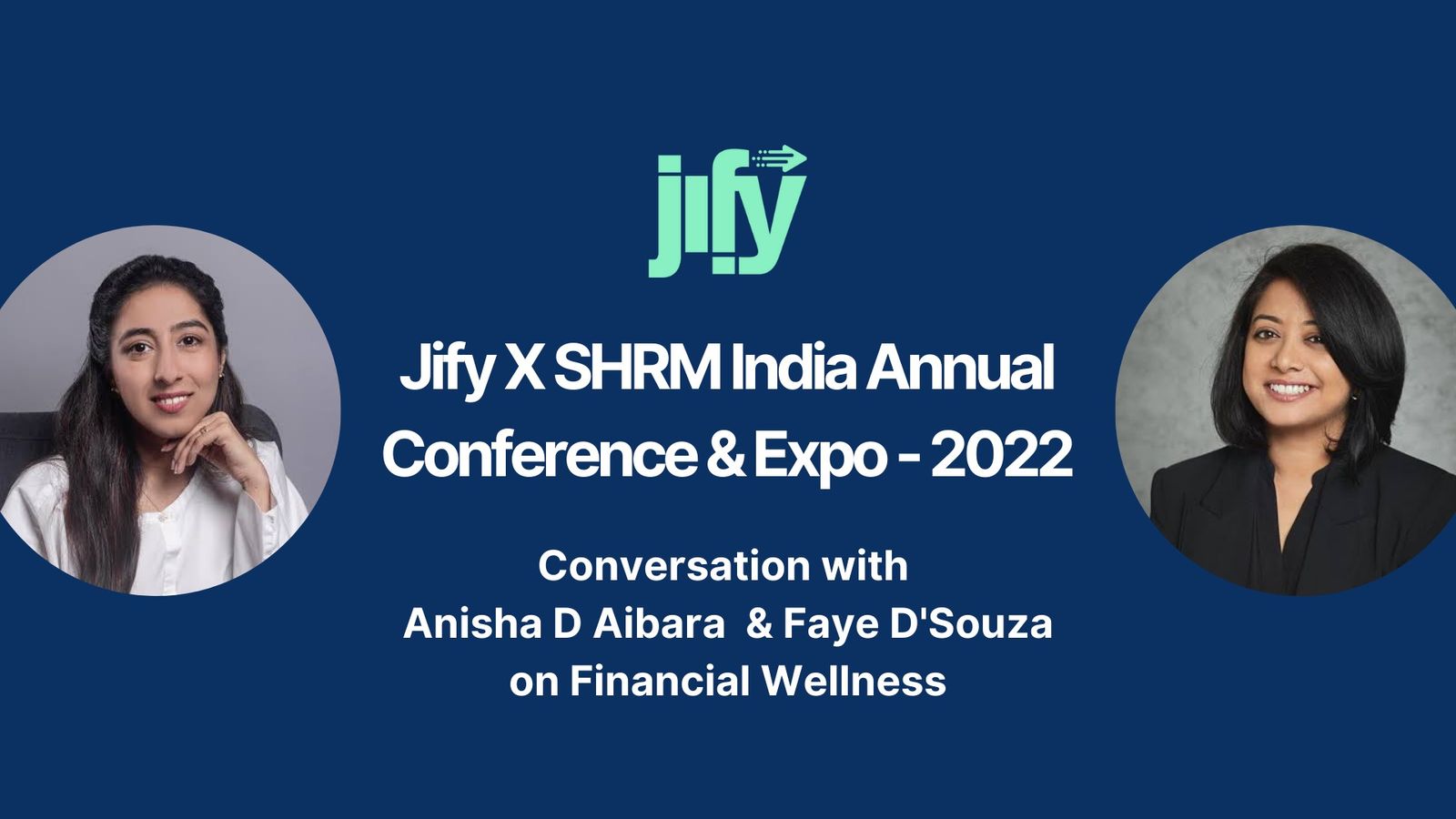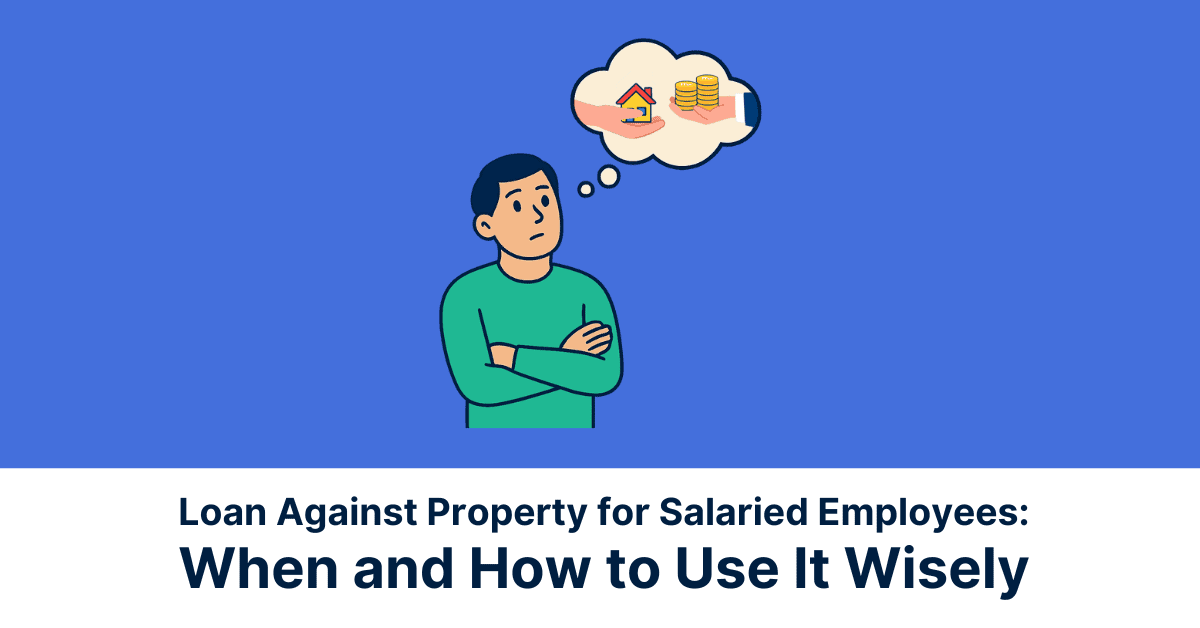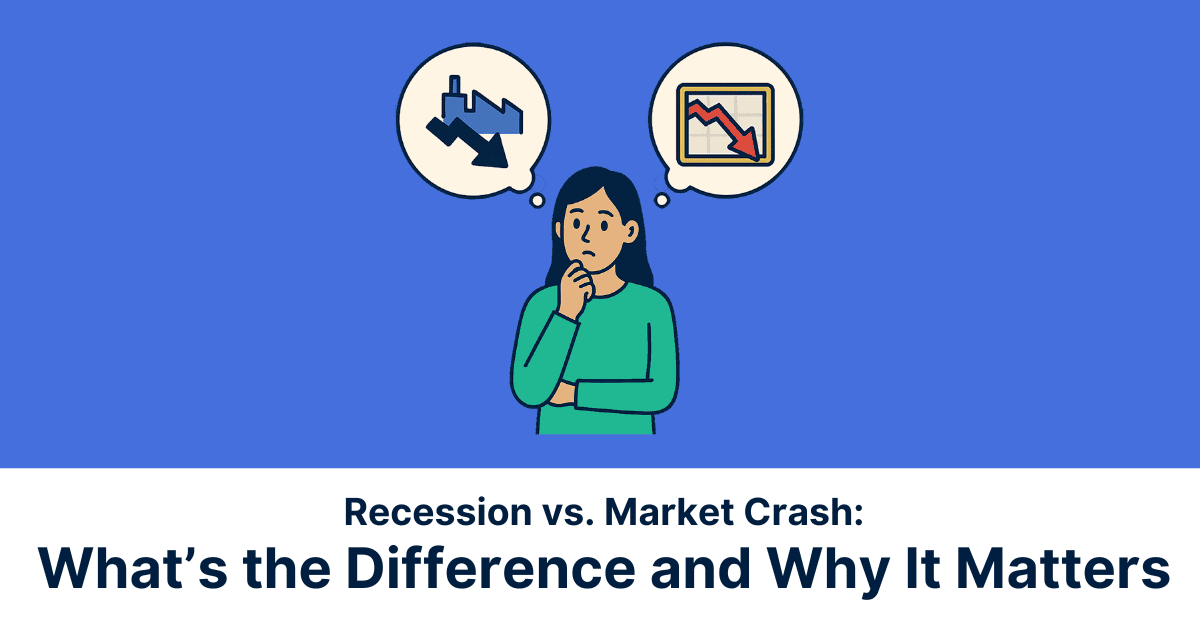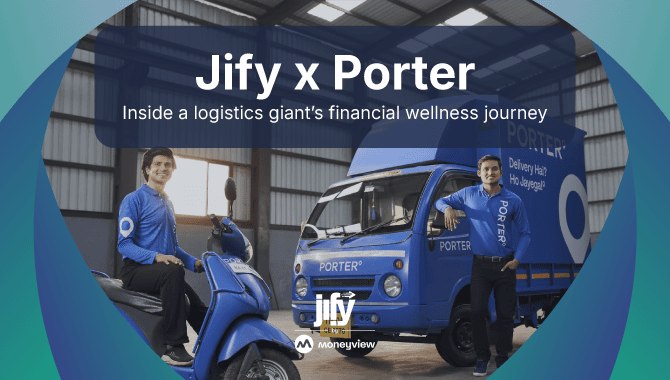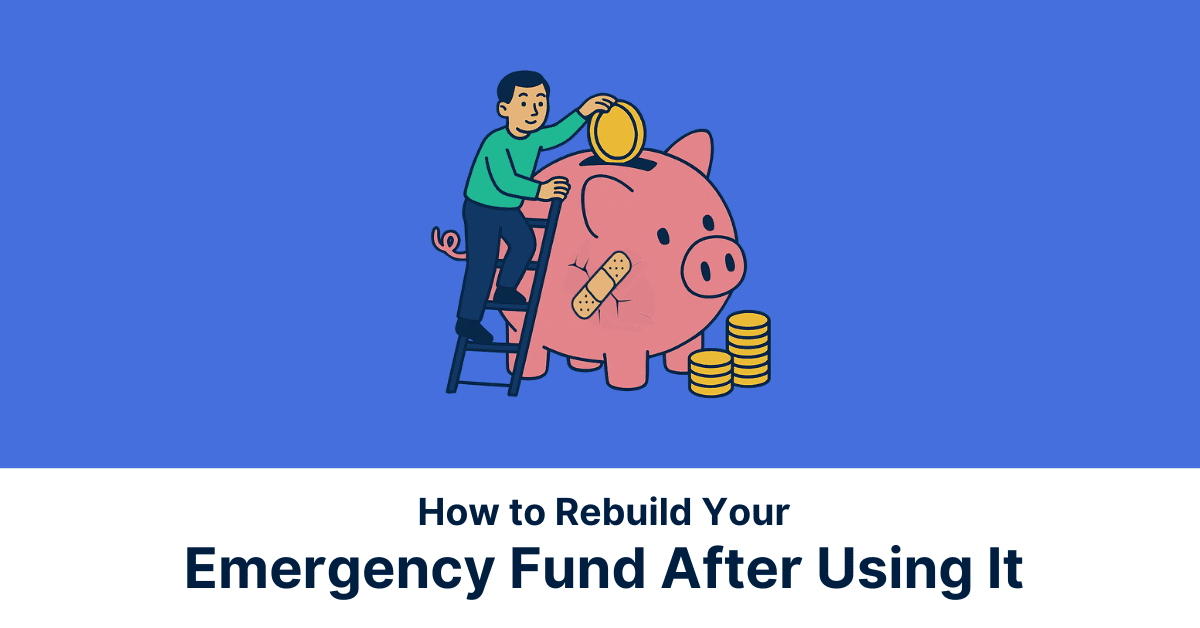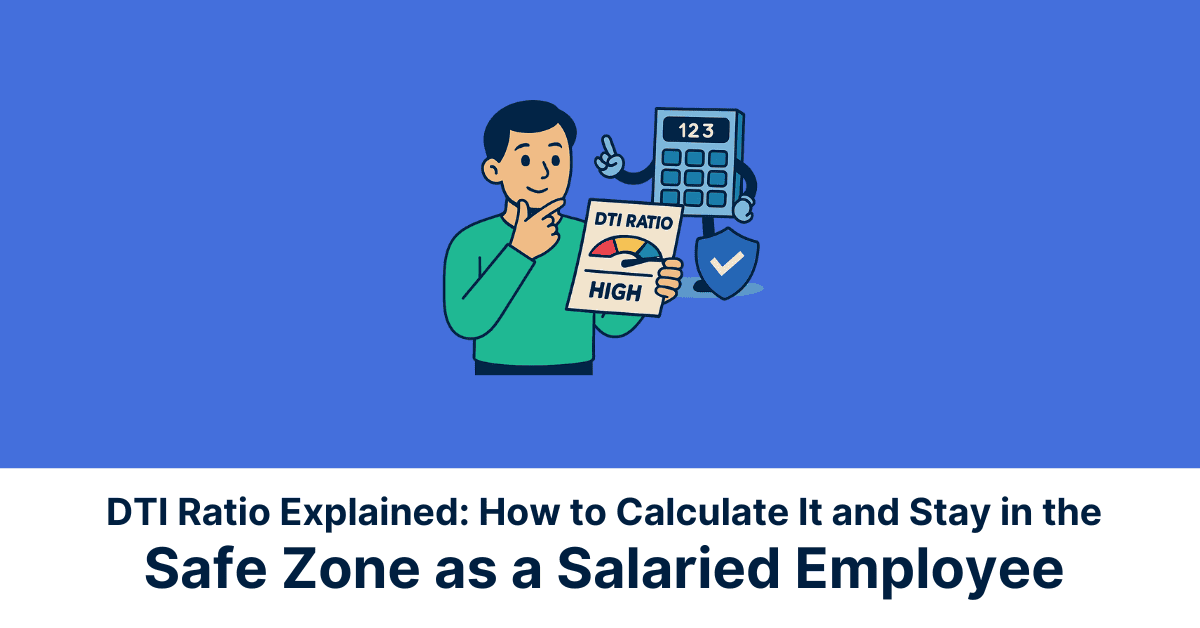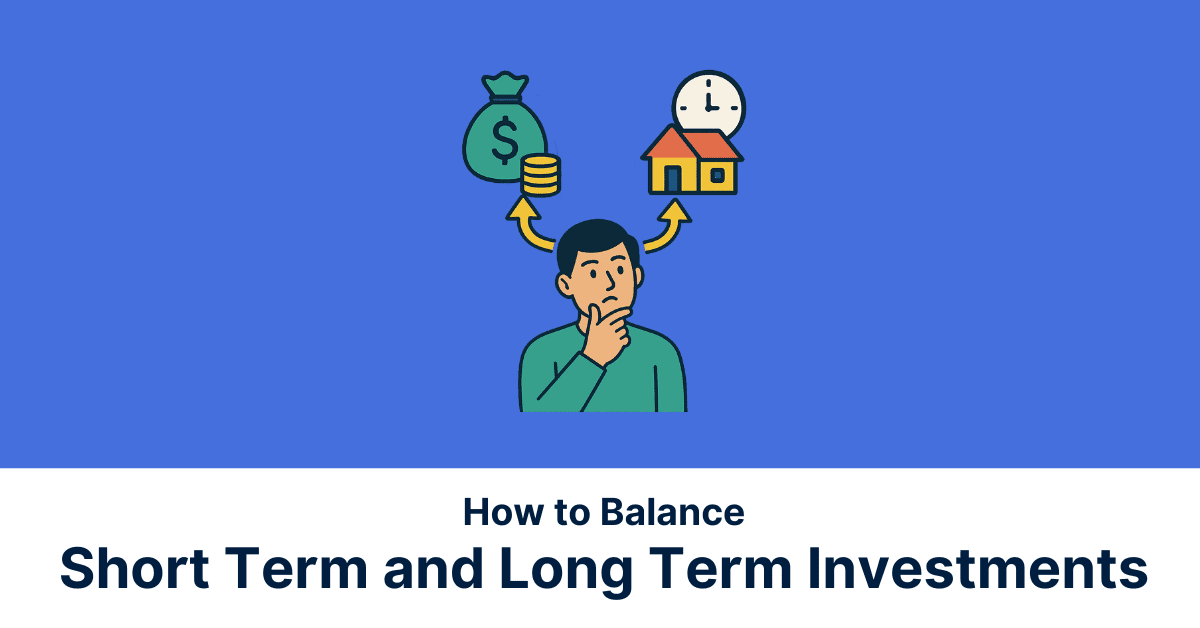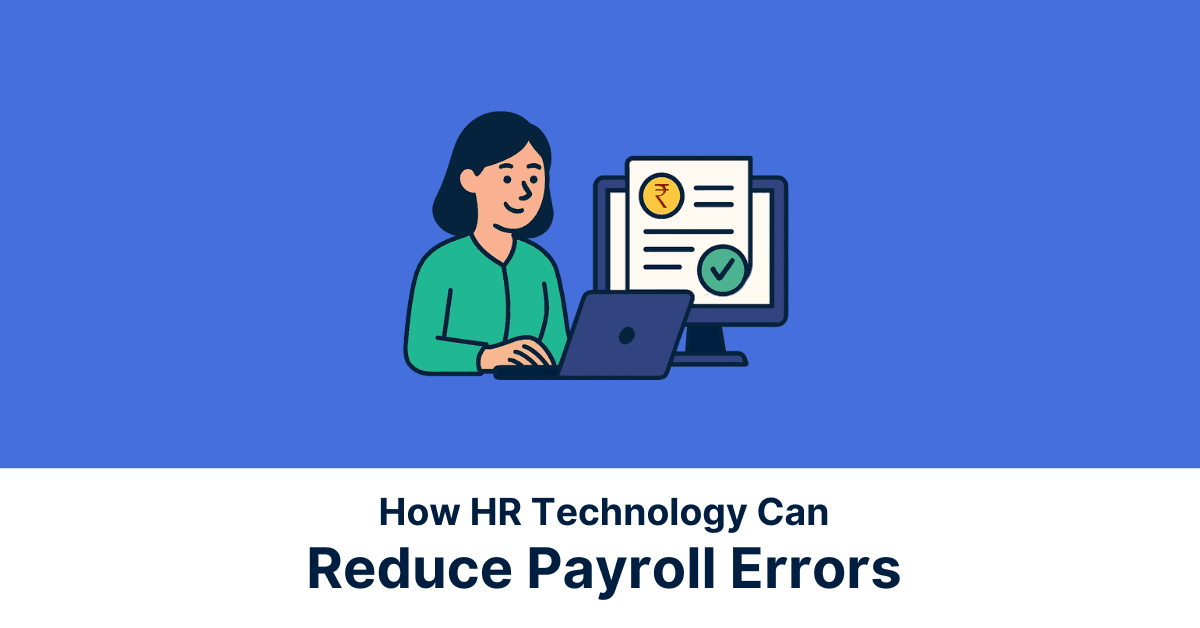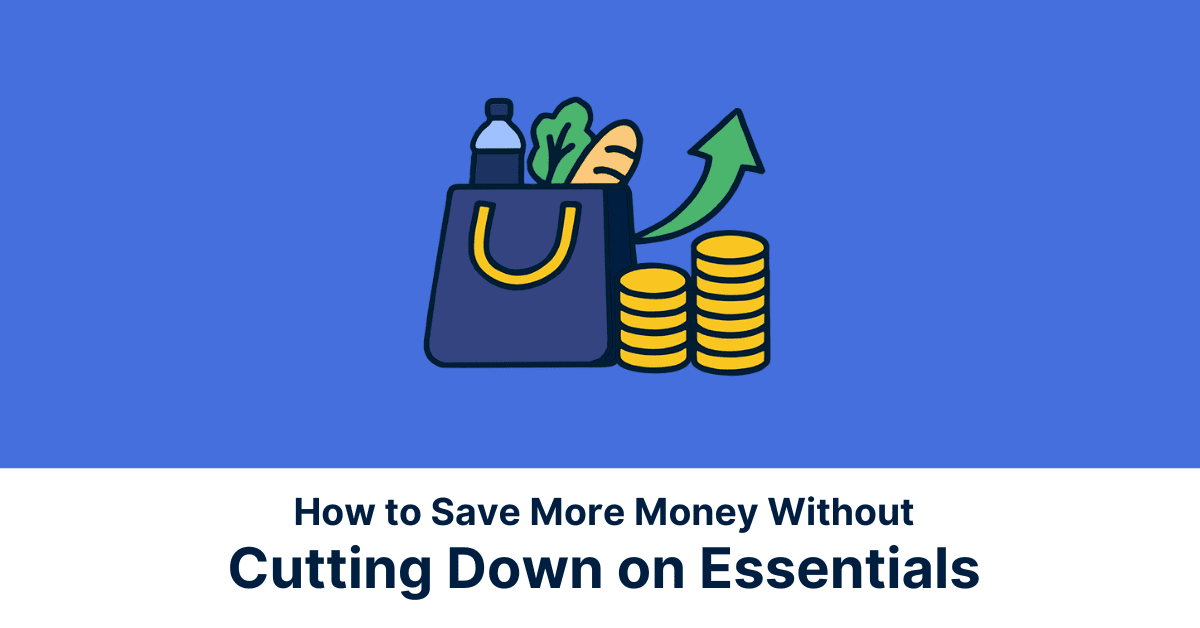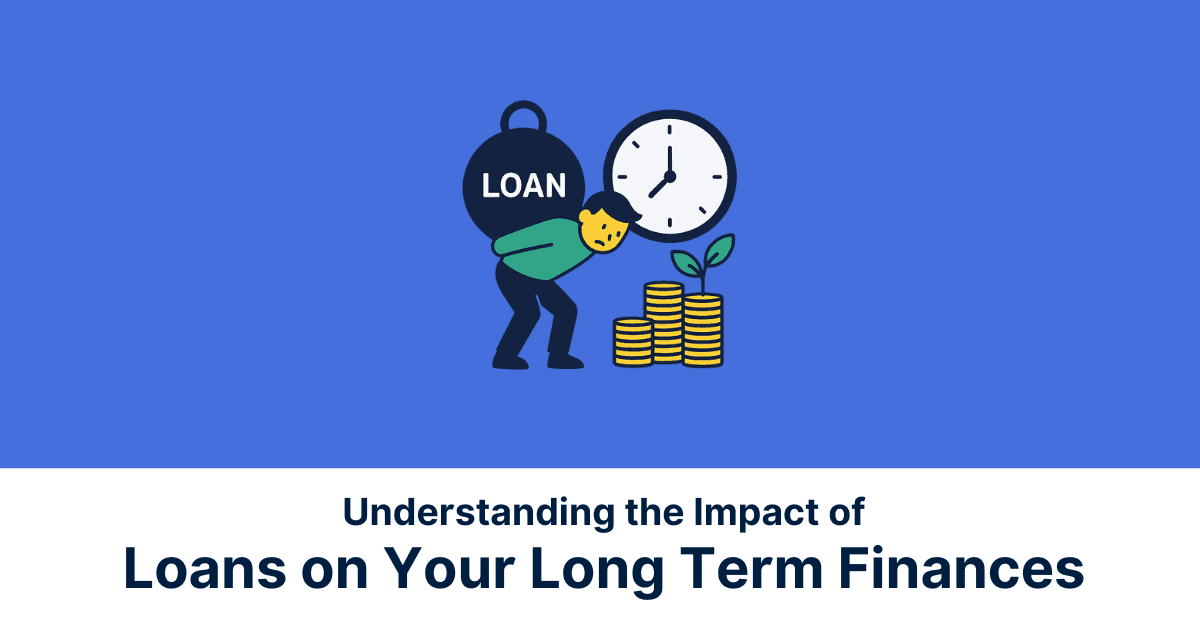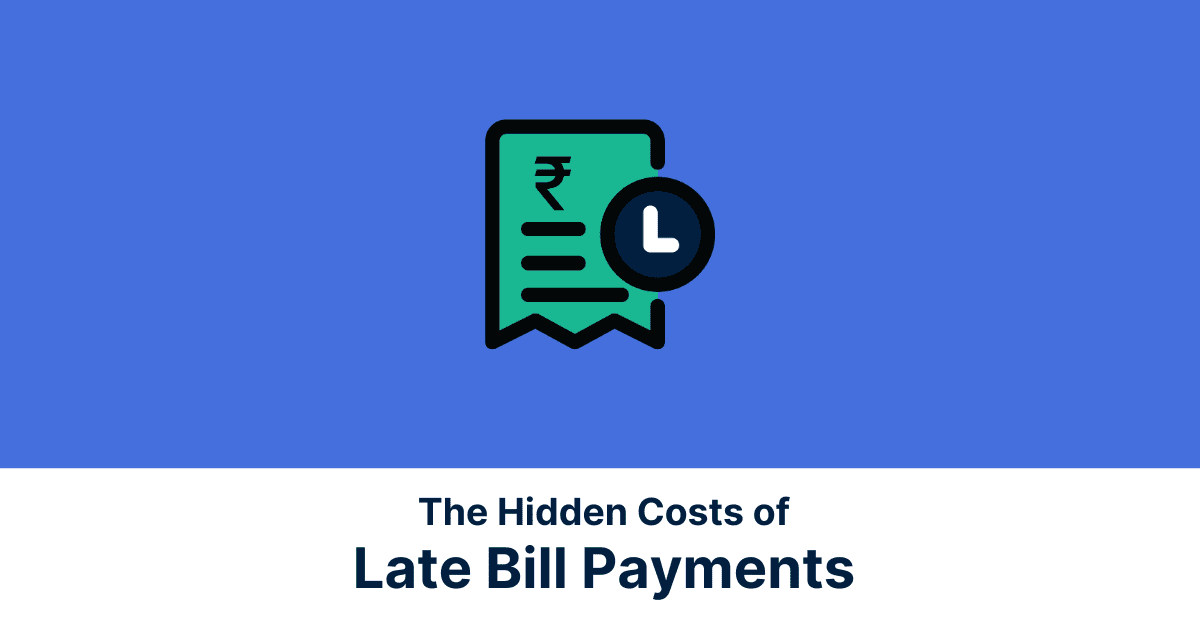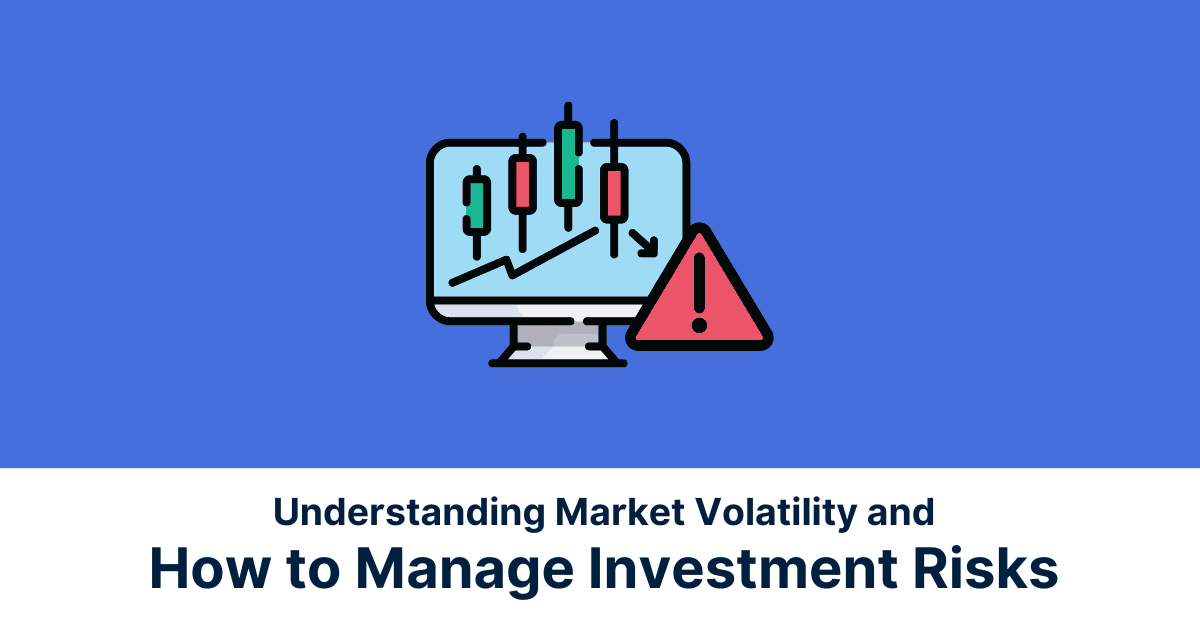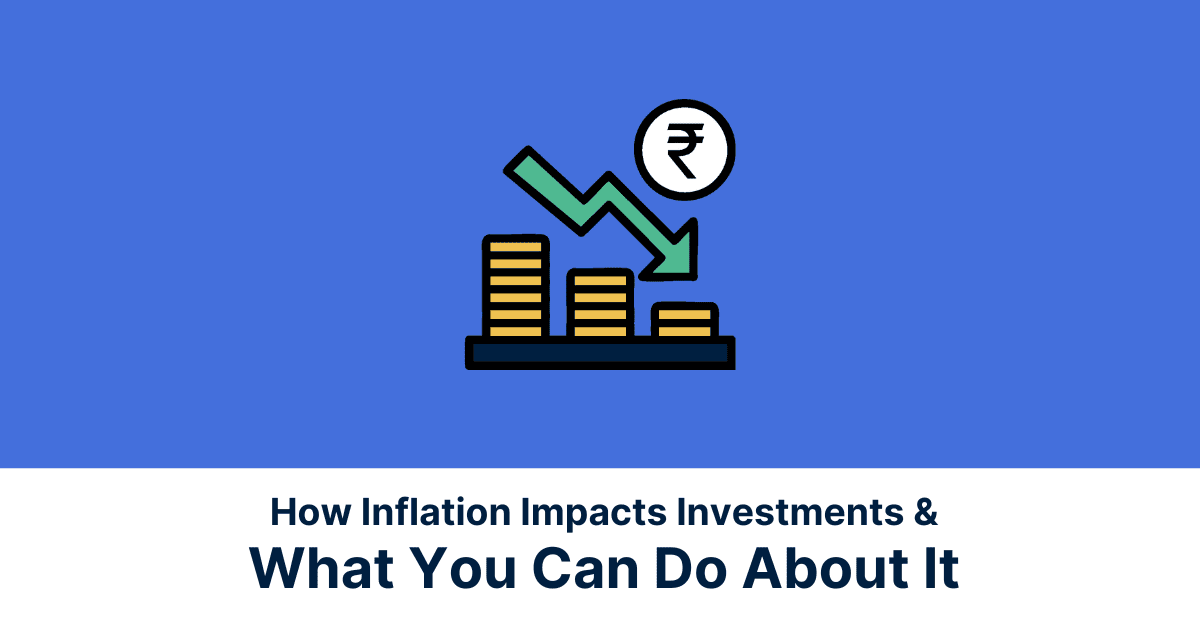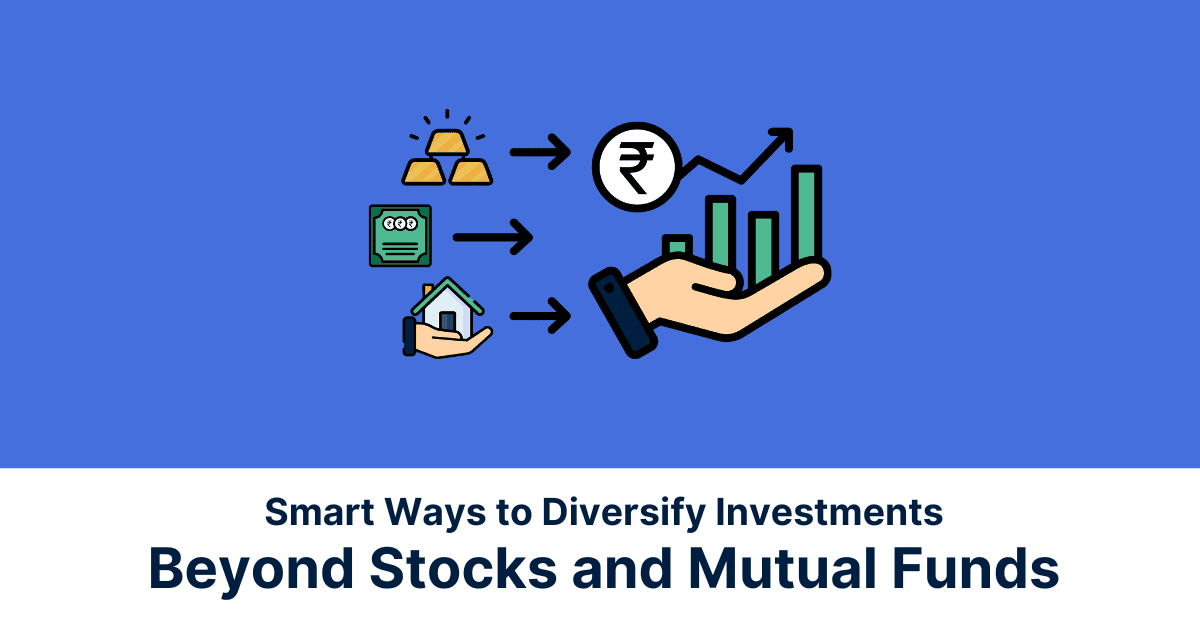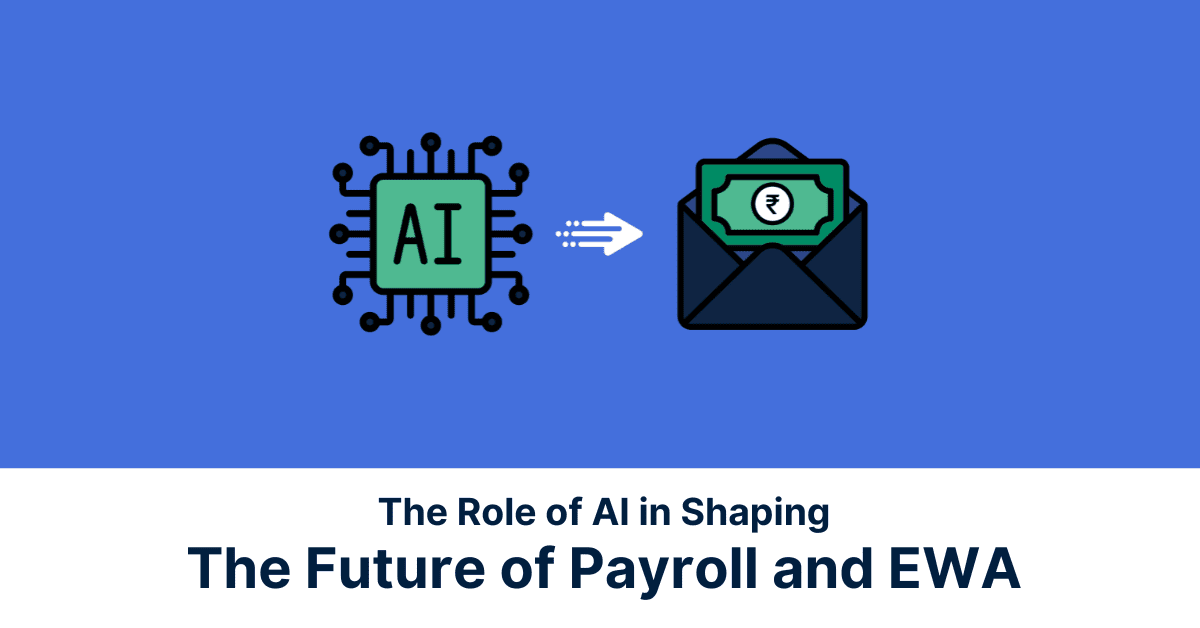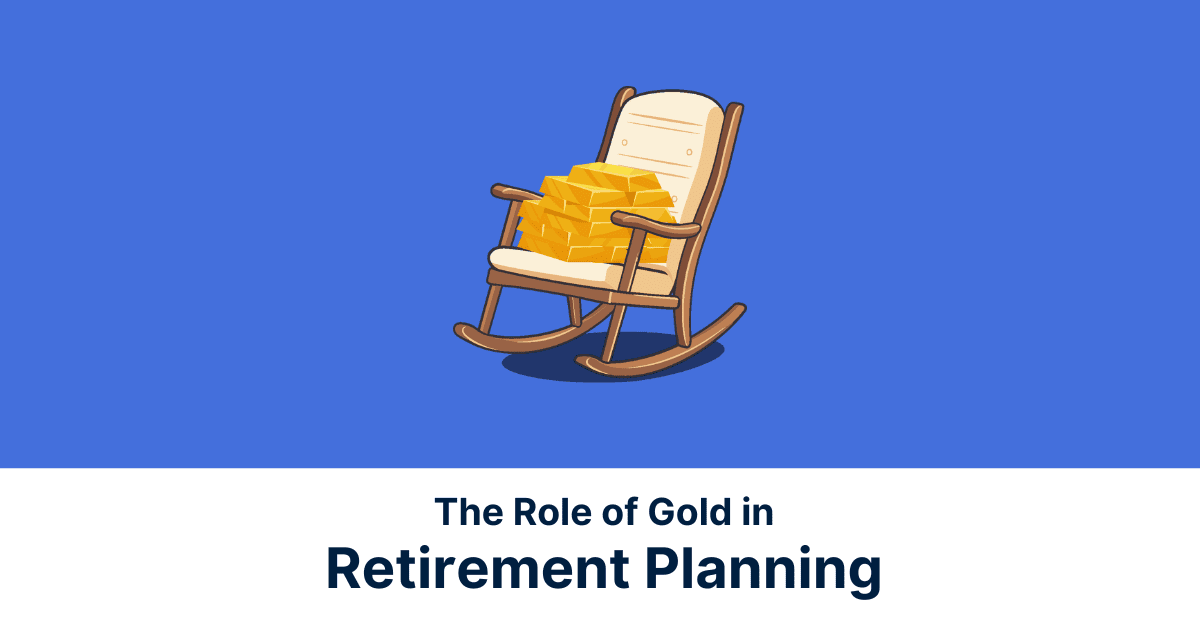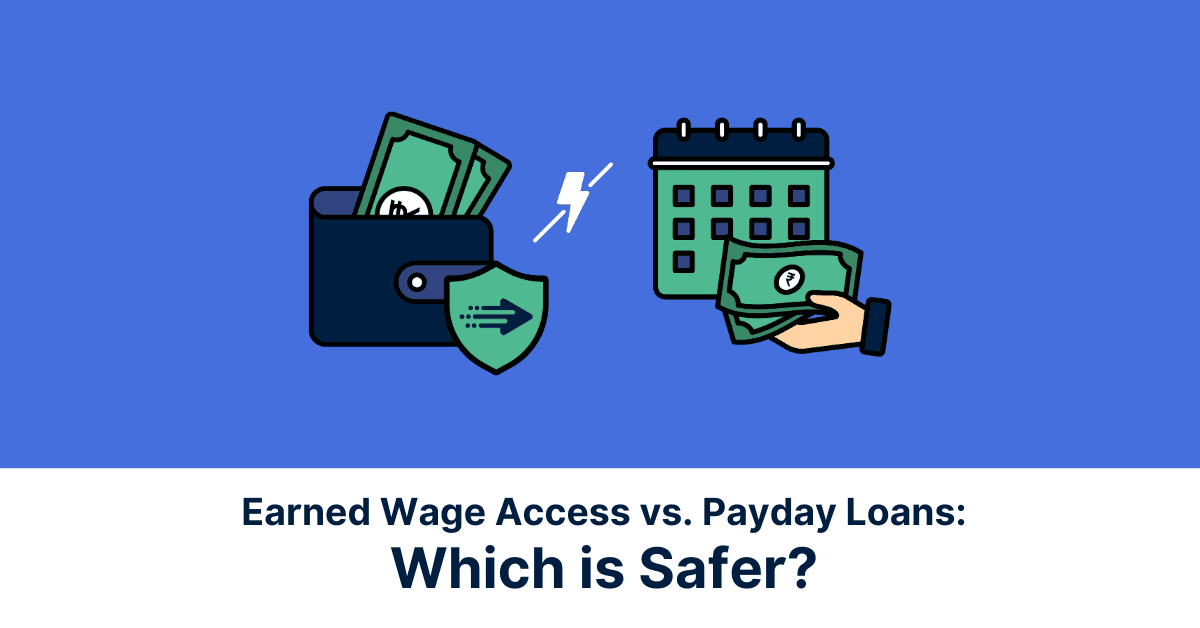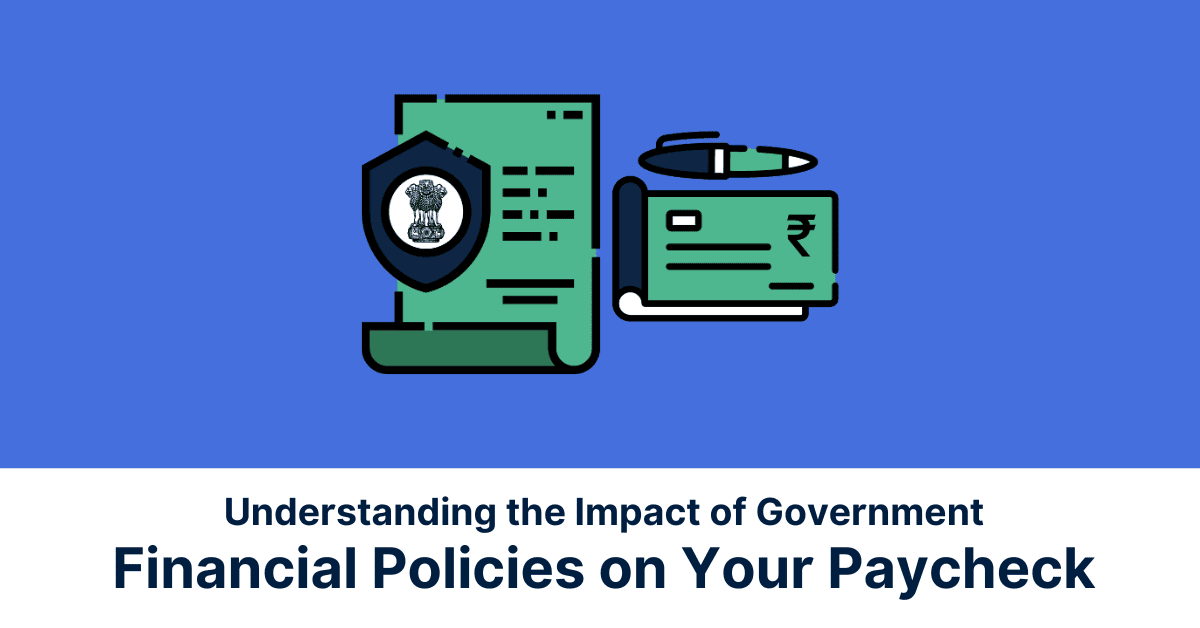Discover the importance of financial wellness, the industry needs, and how Jify is leading the charge in empowering the Indian-employed workforce through an insightful conversation between Anisha Dossa, CEO at Jify, and Faye D’Souza, a seasoned journalist.
Hosted by SHRM, the interview delves into the foundations of financial literacy and holistic financial wellness leading to a need for accessible solutions.
Learn about Jify’s innovative offerings designed to help you take control of your finances through the tools and resources you need to achieve financial stability and reach your financial goals. Join us on this journey to financial freedom and see why Jifyis the future of financial wellness.
Introducing Anisha Dossa
I’d like to invite two very special guests today. We have with us Anisha Dossa Aibara, who’s the Co-Founder and Chief Executive Officer at Jify. She was born in a family of freedom fighters and entrepreneurs, a Mumbai-based entrepreneur. She leads the product strategy, customer delivery and growth, building strategic partnerships and funding at the company. She’s also a mother, a sports enthusiast, and an adventure seeker who comes with a noteworthy background in investment banking.
Over the years, she has led business diligence and closed $100 million plus investments across B2B, B2C, tech and healthcare sectors to name a few. She has also worked in the development sector during her employment years, where she fulfilled the responsibility of impact investing and strategic philanthropy at Dasra. She’s also worked closely with underprivileged communities and advised & directed funds from international funds to scale social enterprises.
This included building innovative financial structures to create a wider impact on individuals’ sanitation and provide astable social return. A graduate of the London School of Business, she first laid the foundation of her career as a management consultant with Bain & Co. As of today, she is famous for Jify to be the employed workforce’s personal finance app of choice.
She sees the company becoming an employee benefit given as best practices similar to medical insurance in the coming time.
Please welcome Anisha on stage.
Introducing Faye D’Souza
And we also have Faye D’Souza with us, who is an independent journalist; of course, an award winning one who has changed the way news is covered on Indian television by focusing the audience’s attention on the issues that matter to citizens rather than those that fuel the emotions of partisan debates. So she was the youngest woman journalist in India to have led a national news channel as its executive director, executive editor.
Post her exit from television, Faye has begun her entrepreneurial journey and will soon launch her own digital news platform targeted at the young urban Indian audience. Faye is the journalist of the Millennials, young, fresh and brutally honest. Put your hands together for Faye D’ Souza everyone.
Good morning, everyone. Thank you for joining us. Thank you for those introductions. It’s a pleasure to be here. Some of my favorite people to work with have always been the HR guys and they always, it always feels like HR knows something that the rest of us don’t know. So I’m so happy to be invited to this conference. I feel like an insider now.
Faye D’Souza’s Paycheck Story
I was really also pleased to hear the topic of this discussion because I remember, if I may share this story, my first salary when I started my career many, many years ago, ₹7,000. I had to pay rent, travel, eat and pay an education loan with that seven thousand. So when the first salary came, it was only ₹6,300. I was heartbroken.
And so my first personal finance conversation happened to be with the HR person. I was like, where’s the rest of my money? She had to explain to me what Provident Fund was and why the government still feel the need to take some money out of my ₹7,000 and I had to try and figure out how to live on the rest.
I didn’t do a very good job because by the end of the month I would run out of money every single time. And it was very embarrassing to have to ask anybody. And when I read about what you are working on and the challenges that you were trying to sort of work with at this point, it sounded very familiar to where I had started my career.
Pain point of the Employed Workforce in India
Right now India’s workforce, thankfully, is much, much larger. We have so many people on shop floors, on factory floors. So many people who have access to regular income of salaries. But do they have access to advice, to understanding, to a place where they can ask questions and talk about the challenges they face with their money?
Some of the examples that we wanted to talk about a 33 year old Salesforce person, who at the end of the month needs money will wind up borrowing from community lenders in a lot of interest. When that money is actually in their salary already. Or a 28 year old Plant Operations Executive can’t finance a challenge of health care in their family, winds up borrowing ad-hoc from someone who will charge them a large amount of interest. And post-COVID, we’ve just really learned that a hospital bill can bankrupt a family. And that’s really true about India.
And even though I know that many organizations now still offer health insurance as that one perk that we do get ,it doesn’t cover a lot of things and it doesn’t cover prolonged deal risk. So is there a solution by the good people of HR that we can offer people who are starting their careers, who are mid-career to solve the challenges of financial understanding?
Effects of Financial Stress based on SHRM Research
I was looking at some of the research, also some of the research done by this organization, by SHRM says that when someone is running out of money, the stress of having a financial issue affects their mental health, affects their productivity, affects their job satisfaction, because suddenly they feel like this job is not looking after me, I’m not getting what I need.
They start looking for other options. They are no longer satisfied with what they’re doing in the workplace. It’s all because that is a financial issue that can easily be solved by the company itself. So that’s what we want to talk about today. And we will keep it quick because I know that there are some interesting solutions we want to get to.
But first, a raise of hands from the audience. Who among you in your career have faced you financial issue that you didn’t want to talk to your colleagues about? Who amongst you have had colleagues you know, who were facing a financial issue and they were too embarrassed to ask for help? So there is plenty that can be done.
Financial Wellness Solution by Jify
So I want to start off first by asking you about the solution that you have. Would you explain to us that solution?
Absolutely. So, Hi. Good morning, everyone ,and thank you for being here.
Jify started with the idea of how do you get more of middle-India to have safer avenues to save money and make their money work for them. So how do you educate on the entire financial literacy journey but not stopping with just education but how do you actually complete that journey through saving tools and actually getting that individual to start the discipline of savings right?
When we started actually going out there, talking to employees of different sectors across different income strata, what we very quickly realized that there was a huge problem at the point of leakage. Across the board, including with white collar, well-paid employees what we realized was there was a good fraction of employees that were simply losing out3 to 4% monthly because they were falling short of liquidity towards the end of the month.
So that’s when we said, look, okay, we will come to savings, but we have a bigger, more, you know, emergency pain point at the point of access. We said, let’s solve that first. So that’s where he was sort of born out of solving that problem, where we said, okay, we’re not the first people to solve it. In India, lots of people have tried to do it.
How do we make access to liquidity equitable, instant and affordable for the entire population, even those who are underbanked without a credit history? Our solution then became let’s partner with the corporates. We integrate with their HRMS and we enable access to salary on demand instantly without any user having to upload documents, without the user having to pay interest, without a user having to wait for access to what is rightfully theirs.
Or ask anybody.
Understanding Earned Wage Access
So effectively, you have an app that the corporate signs up for and all of their employees then have access to it. That’s right. Ya. And if they’ve worked 15 days, they can take 15 days’ worth of salary straight off it, which is actually a loan that doesn’t look like a loan. Yeah. And who takes the risk of this?
So the risk: at the end of the month, the extent of the salary advance taken is repaid to us by the corporate. So, the corporate is effectively doing a deduction at source for the advance taken by the employee. So, the risk to that end is Jify’s only in the case that an employee goes absconding because that’s really when you will have a negative full and final settlement.
So, it’s a fairly risk free solution; till date we have zero NPAs. Because it’s a very, very, very secure product because you’re giving them what is rightfully theirs.
So, effectively, the employee can only access what they have worked for so far.
Other Offerings by Jify
So, that’s one part of it. There’s of course, other flexibilities and adjacencies that ends up being dependent on the corporate. So for example, for tenured employees, you give them access to a portion of next month’s or unearned income and you give them flexibility in terms of being able to split up the repayments, right?
But that’s all constrained to the extent that it is recoverable and linked to tenure. So, that is the difference.
Situation during the Pandemic
So I know that you are COVID startup and COVID actually we’ve all been through this. There were employees. There were team members who needed money for medical reasons. But, even the health insurance policy did not cover because a couple of days in ICU or, you know ,getting that oxygen supply, you needed extra money. Did you find from the work that you’ve done with various corporates that there was easy access? They were able to ask their team leads or their HR people for that money?
So, I think with COVID in particular, there was a lot more openness with asking between employee and employer because it was an issue that everyone was suffering together. And I think its issues that was outside of COVID that never came to the forefront. So I think COVID actually brought that conversation to the table because it was something that everyone could relate to; and I mean a huge degree of respect for the corporates that went out there and really went out of their way to help employees.
But today what you’re trying to solve for is that COVID was one unifying example because everyone was suffering at the exact same time. But the reality of life is that most people suffer these circumstances on a day-to-day basis, which are outside the realm of everybody’s understanding in that organization.
Why should Employers focus on Employees’ Financial Wellness?
Obviously, the obvious question would be why should the organization take responsibility? Because this is one more thing to sort of track and worry about, Right? So, is it is it really the organization’s responsibility to make sure people have access to funds?
Let me answer this question, right, from a consumer’s point of view. Your employer is the biggest port of trust. He’s your first… He or she is your first engagement with regard to the source of money: that your first income or your first paycheck. Your first engagement potentially for many, most of India with insurance and health insurance, and your source understanding of how this mystic world of finance works, is the employer.
So, the fact that the employer sits at a very, very powerful position of influencing change and I mean, you know, country wide change on very, very important factors is a very crucial reason why the employer should care. Why the employer is at a position to influence change. Where this change or where the work of the employer comes in is how you actually get every consumer or every employee in my company from becoming a borrower to being a saver and eventually being able to have sufficient funds for daily needs. So, employer can actually influence that decision.
So, I think trust with the employer makes them a very, very important stakeholder in this entire piece. The second piece from a product point of view is that the reality of access, which is your earned wage access product, is that if you want if your employer wouldn’t exist in that equation, it would not be available to everyone and it would be available at unfavorable rates, right?
It would be available maybe not instantly .It would require interest, it would require, you know, very different aspects of… it would basically revert to direct lending. So the employer comes and securitize that entire relationship. And then, of course, I think from an employer’s perspective. Right. And what is the you know, the great question we always get asked is, you know, what’s in it for me?
What do Employers get from partnering with a Financial Wellness Platform?
I think there’s a couple of things here. One is when we first started, right. Well, one of the biggest things that we were told is that you might have about 1 to 2% uptake on your product. After we launched, the uptake has been close to 65, 70%, right? As employers have seen this they have realized one thing – that there’s a huge degree of financial stress. Almost 40% of mental health issues are driven by financial stress.
So, it directly impacts productivity and loyalty to an organization if we can’t solve a very core problem that’s right in front of us. I think second aspect, when you spoke about the administrative aspect, right? Jify actually comes in and removes that administrative hassle ,right? Jify and any other player in the segment, will come and remove that administrative hassle and it actually reduces the burden of actually keeping track of requests coming in. It will, you know, reduce the burden for actually doing this entire piece manually. It automates that for employers.
And the third aspect, I think, which I think most of us will appreciate, is that it’s a completely free of cost and free of risk solution. So, it is really a solution that works for the benefit of the employee and in the interest of the employer.
What is Financial Wellness?
So you talked about financial wellness, which is more than just data access. It’s also saving, it’s also investing. It’s also insurance, is being prepared for sort of unforeseen circumstances. And I know and another is of hands of how many, you know, HR teams you have conducted coaching, you’ve conducted classes, you know, you’ve sessions for people on how to manage their money.
Financial Coaching as a tool for Financial Literacy
Do raise of hands if and how many of you felt that it was adequately attended? I mean, I remember I used to actually I would be the trainer in some of these sessions and either people would not come or if they came, it would be a one off thing and then they would vanish. So, know that a lot of effort done by organizations, by HR teams to provide that sort of learning. But how do you turn it into something? And is that is that something that you offer as well? Yeah. Yeah.
So I think financial wellness can only be done if you can complete the entire journey, like you can plug in the gap at the point of access. But if you can’t translate that into savings in better money management, it’s not financial wellness. Financial training and literacy, and that’s something that I’ve done now for over a decade and a half as a trainer. My biggest learning has been that you can engage the audience for a best, 15-20 minutes, especially on a subject that appears to be a black box for most. But if you can’t follow through with understanding what is customizable to that audience. So where are they in their financial majority or their financial learning curve? Tailor that education to them and then translate what you’ve taught them into tools and then give them avenues to actually start the discipline. Those two have to work hand-in-hand, right? So, at least for us, when we approach this problem and you know, there are different ways to do it and everyone may have a different perspective on this ,but when we started this problem, we said, okay, number one, “We go in there we do a financial stress test.”
We will understand what a majority is across the organization. How do I speak to this particular department versus another department? Or this particular income bracket versus another income bracket. After doing that, how do I actually engage with them in terms of how they start the discipline, what kind of products can I give them from an app perspective so they can actually start setting aside monthly amounts?
And then how do I walk them up the journey of financial investment tools and savings? It has to be very thought through and customized solution for your audience. Otherwise it doesn’t work.
Women in the workplace and their Financial Freedom
So, I’m going to ask you a question that’s really close to me, something I feel strongly about, which is women in the workspace and how little conversation we have among women and with women about financial planning. I’ve spoken to women who have been told by their bosses that “your husband earns well na, so what’s your stress?” I mean, for me it made my head explode that these things still happen and I can see women nodding because this happens.
You assume that we’re there to do pastime and then our husbands are running the house and so our money doesn’t really matter. And we’re going to spend our money on shopping and other kinds of wonderful things that still roll out of people’s mouths in offices; and I believe that now women are working shoulder to shoulder in every single space there is no reason why financial services are of… such poor penetration when it comes to women. We are also, by research, better investors than men. So what are you doing to crack this? But also conservative investors.
Which makes us better investors. Yeah!
So I think you’re very right in saying that a lot of women, especially in some of the surveys and the interactions that we do in the organizations, a lot of them leave it up to their partner right. Either the partner has been exposed to it. But I think what’s more important is a partner has been exposed to it in more conversations, right?
So more cafeteria conversations, more dinner table conversations among male colleagues, end up being which mutual fund did you invest in? You know, what have you. How is your portfolio doing? What stock are you looking at today? Have you invested in gold? So the conversations among is more normalized or become more normal around finance with women colleagues. But I’ll even go a step further and, you know, after we saw like close to 30% of women actually saying they leave it up to their partners, which is a large number in a fairly concentrated workforce, we actually went out to women entrepreneurs to try and understand how they look at it. And the findings were actually much higher over that as well. I think for us a learning is that you have to start normalizing the conversation of finance at work.
You have to do it in a manner that is also targeted at women who are coming early into the workforce and make sure that it becomes part and parcel of normalizing conversations around how to make your money work for you and how to save better, how to spend better. It’s not just extra pocket money or it’s not just, you know, I will hand it over to someone else. It’s not my responsibility.
And I think changing that conversation at the workplace, where you spend 75% of your awake life is the most important thing you can do or give to any community.
Financial Mentorship Programs for Women
And so… so, actually, sorry, I keep making you all raise your hands. I just want to make sure that everybody’s still listening. So how many organizations run mentorship programs for your female employees? Just put up your hands to make me feel better. No. At this time, how many organizations will start mentorship programs when you go back from this conference?
So I think that the mentorship program is a great way to talk about finance, because you have a woman talking to a woman sharing experience, which is effectively your tea break (chai-sutta)conversation that men do. Men like to brag about what stock they have bought, right? They will not brag about how much money they have lost, but they will about that one stock that has done well.
We need to sort of create a similar conversation among women where women are talking to women about this. And I did this investment. It worked out. This is good and that is good. Yeah. So we have to start creating these conversations and then make them organic. So is there away that the mentorship programs, you know, I don’t want to call them the Big-Sister Programs, but the mentorship programs can be converted into these conversations?
Actually, see, I want to ask you that question. You’ve done this for, you know, obviously much longer than I have with some of the largest organizations, right? And you’ve seen the roles kind of, you know, from many decades ago, how they have changed for women. How have you seen these mentorship programs actually being more effective?
So I did not have a mentorship program in any of the organizations that I worked in. But I did notice a change when I was an executive. A lot of the younger women start to identify and you guys will realize that the younger women don’t just identify with the way you work and start copying the way you work it. They also copy how you run your household. They also copy how you spend your money, what you spend your money on? You know, the structure of your household, all of these things, they start to learn because it’s so important. And unfortunately, women still find those challenges. Someone who’s just gotten married, has actually come up to me saying, you know, my in-laws expect me to do this, this, this, this, this, this, this. I can’t find that time when I’m also working. What do I do? They need a safe place where they can ask that question and get a safe answer. And, you know, gendered role models is everything. And I think that in like look at this room where we were having this conversation before we came in. What I love about this conference is how many women that are here so give yourselves a hand.
Because you are changing.
You are changing life for other women who are watching you, younger women who will say – she’s obviously here, which means she has done something. I just need to figure out what that is. So, how you managed home, how you manage children, how you managed maternity leave, how you managed a slightly touchy feely boss, all these things they will come and ask you but the fact that you are here is evidence that it can be done.
We just need to figure out how to add the financial conversation to this as well. And we need to aid the women in this room so that they are in a position to have that financial conversation also. Because, everything else is life experience, right? I can tell you, based on what happened to me and what happened to the women I worked with.
But when it comes to finances, it’s important to empower women with what is going on so that I’m in a position to empower other people saying you know, you can do this. You can access these products, this is available. Our company does this for you. A lot of times I remember I would tell people that, you know, the company has this you can take this loan on your PF or you can take this loan on your salary.
You can do this. People don’t know. Yeah .And it’s important to have role models, mentors, people with experience who can share this information. I think that that’s specifically because more and more HR executives are women. We can actually use that pipeline.
Financial Advisory Insights
I just want to add one more thing here ,right? We, a couple of months ago, we launched a one-on-one line of financial advisory, which was beyond the group coaching and all of that happens and it was an anonymous line. You have your CA, CFA where you can call and take advice on anything. The number of people participating in those one-on-one sessions versus the group sessions where they would ask questions that they would probably never ask in a group session, shot up significantly.
We had close to 60% of our entire user base engaging in that.
What was the gender breakup?
It 60/40 men/women due to us men because our base is like that as well. But I think the difference was that they were asking very hard hitting questions and some very basic questions, which sometimes you kind of almost embarrassed to ask in a group setting. And I think for us it was a great learning and gave us insight into what we can do better from our product perspective as well to serve that journey better.
And men and women are alike in many ways ,right? People early in their career, who just don’t know where to go and who to ask without sounding or without being ridiculed. Because for men, the bigger problem is that I come across amongst my other male colleagues, you know, being less knowledgeable.
Savings Start Small
So, you know, research tells us that the first 5 to10 years of your career, if you start investing ₹1,000, it could be the difference between owning your own house or not when you are 40 years old. And if only like I wish someone told me, then. I mean, I started, in my opinion, late, when I was 24 because I was a mutual fund and insurance reporter, and that was my area of work.
So I understood it. But I wish that people would tell young people just starting off that invest Rs.500 in mutual funds .It will one, it’ll turn into something as opposed to spending ₹300 in Starbucks and then, you know, running out of money at the end of the month. So this is simple stuff. And if we can find a way to tell people how to like you said ,manage money better, save better, invest it, be more prepared for things that are going to come your way.
We could, I mean, literally change the face of how people use their money in it.
Absolutely. Yeah. Awesome.
Question-Answer Session
There is a big screen that has time is up…Do we have time for questions? No, we don’t. Oh! I see a hand. I think… it’s 5minutes. 2 minutes? Okay. 2 minutes. Let’s do a super quick question.
Past 10 plus years. And I just. We both agree that how much money do we save for what? You manage. This is how the money is coming in. It’s absolutely fabulously managed. So well-said and well done.
Thank you.
More power to you for sharing that. One more voice.
One question, and I’m curious to hear the part, but you said I wish I would have been told earlier. So what is Jify doing to educate on financial literacy to people who are entering the workforce? Because that’s where the make or break happens. As you rightly said, so I’m curious to know about that.
So the very core part of our product offering where we go into an organization, we do what we call a financial stress test, and we understand the different levels at which people are at, right? Then we break up the organization into groups where we run group trainings or kind of like classroom trainings on 1-on-1 money management, depending where you kind of ranked on that financial stress test.
And we cater or customize the program on-ground and online these sessions happen throughout the year. Apart from that, we have this 1-on-1 line to financial advisors where you can literally pick up the phone and ask them any question you want, right? Anything from, you know, how should my portfolio be split up or how should I save tax?
What are the options that I can look at? You can ask them any question you want. So these are the three sort of pillars with which we do the coaching and education. And then, of course, apart from that, you can come and actually engage on the savings tools plus start saving money on the app itself.
Okay, I invite one more voice for women. Anybody wants to say something, ask a question. Yes. In the front row. I see. Yes. So for HR, it’s not all with salary. There are assets involved. There’s a lot of costs that is there. Yeah. So how will Jify take care of that because, I can’t just rely on salary.
Sure.
So if there’s a positive full and final settlement and to that extent you repay the extent of the advance, if there’s not a positive full and final settlement, then it’s Jify’s risk.
So we’ll just put her in the corner and you can ask all your questions, but thank you so much.
Thank you. Thank you so much. Thank you, everyone, for joining us today.
Whitepaper Launch
Stay there is a white paper launch… So I’d like to invite our CEO Achal Khanna, who is also a CEO for APAC (Asia Pacific)and MENA (Middle-East & North Africa) on stage for a quick white paper launch from Jify.
A big round of applause for these wonderful ladies.
And it is my true pleasure and honor to launch this white paper which is on your table to know more about it. It is in collaboration with Jify SHRM has launched this White paper and there is lot more in it. And I will hand it over to Anisha to talk more about it.
Thank you. Thank you so much, Achal.
Thank you. Thank you so much. Thank you. So just a quick one on this. So this is a white paper that we’re working in conjunction with SHRM. We’ve been conducting these round tables with close to100 plus CHROs across the country with almost 1000 plus CHROs actually participating remotely as well. And the idea of this white paper is really to bring together the HR community.
To try and see how best and how effectively to solve the financial wellness problem amongst the organizations. I hope that you know, next week when we, in a couple of weeks when we do launch the entire white paper, that you will read it and you know, give us your feedback and hopefully it helps you in the organization as well.
So, thank you everyone and we will definitely share it with everyone when it is completely ready.
Thanks. Thank you. Thank you. Thank you. Thank you so much, Anisha, Faye and Achal. If you have more questions, please catch both of them at the Expo area. I’m sure, they’re sticking around for some time.
*Disclaimer:
The information contained herein is not intended to be a source of advice concerning the material presented, and the information contained in this article does not constitute investment advice. The ideas presented in the article should not be used without first assessing your financial situation or without consulting a financial professional.
